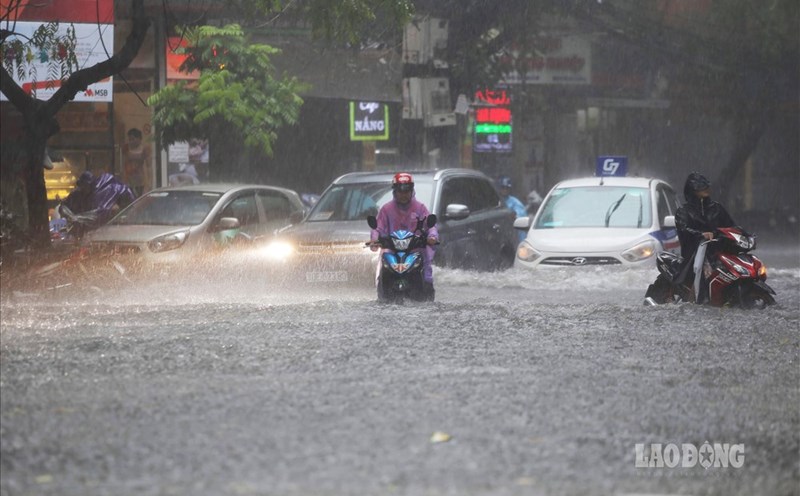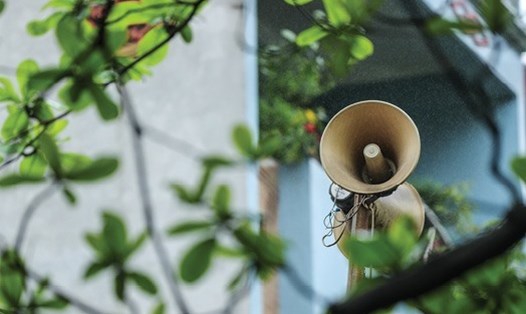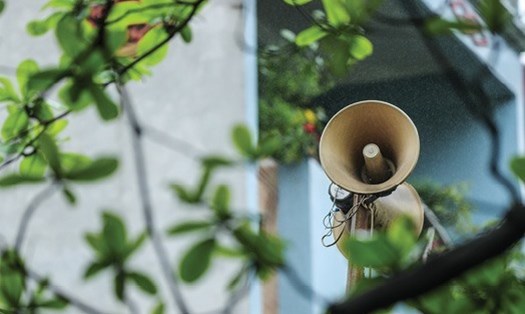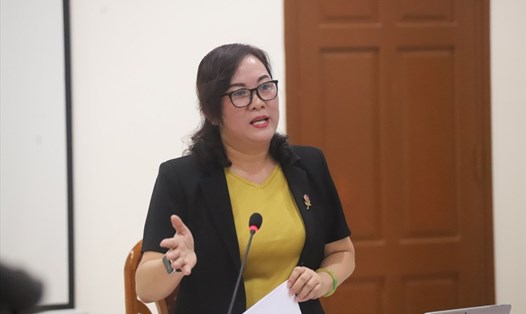National warning system
The national disaster warning system was installed by Japan about 60 years ago after the Niigata earthquake in 1964. They are linked to a national system that can transmit warnings across the country: Early warning system based on J-Alert satellite.
In February 2007, the Japan Government's Disaster and Fire Management Agency launched J-Alert, a satellite-based system that allows local governments to convey warning messages directly to media and local people.
The system is being tested in the city of Kobe, which experienced a powerful earthquake in 1995 that killed nearly 6,500 people. J-Alert began transmission of earthquake emergency information across Japan in October 2007.
Centre For Public Impact points out that J-Alert is a satellite-based system that allows authorities to quickly transmit warnings to local media and people directly through a loudspeaker system.
According to Japanese officials, it takes about 1 second to notify local officials and 4 to 20 seconds to convey the message to the people. All warnings, except for severe weather warnings, are issued in five languages: Japanese, English, Korean and Portuguese.
The system's goal is to provide disaster updates to as many Japanese citizens as possible via loudspeakers, especially in the case of earthquakes and missile launches.
J-Alert warnings provide citizens with evacuation instructions or recommendations from local authorities, flood warnings and radioactive reports after nuclear accidents, as well as road conditions and traffic system conditions. The system also provides public information about shelters and other evacuation information for a certain period of time after major disasters.
fixed time frame, clear identification signs
According to information on the website of Fujiyoshida city, each neighborhood is equipped with a loudspeaker announcement system used to warn people in case of emergency and notify throughout the city.
The system is used regularly for reports of restricted access to self-defense areas on weekends, bear sightings or reports of missing people. The notification usually starts and ends with a typical bells and is repeated twice.
Sometimes, this widespread loudspeaker system called bonsai-musen is also used for events such as commemorating victims of sunflowers and nuclear bombs. This type of event is called mokutou and will have a continuous alarm sound for one minute. In case of checking the system with an alarm, there will be a notice in advance.
On Michael Gakuran's blog, a foreigner living in Japan, shared his feelings about the song being played by loudspeakers at 5pm in many Japanese cities and neighborhoods. Michael Gakuran said that the song is called "5pm Chime" or more officially "City Disaster Management Radio communication Network".
The notice usually includes a non-listen version of "Yuyaku Koyake" - a Japanese children's folk song from 1919. This song is used as a daily safety check to ensure the transmission system and speakers work properly. This loudspeaker announces changes depending on the season and each locality. In general, the song is usually broadcast in the range of 4-6 afternoons.
Tang Amusing planet confirmed that in Japan, loudspeakers are tested in a special way: Issuing different folk songs. This daily show is often called goji no chaimu (5pm bell).
The local government will decide on which music to use at this time. The most popular choices are songs for children such as Yuyake Koyake (Sunset), Kaero Ka over ( home, home) and Akatonnbo (Red sources). Some localities also choose to broadcast foreign music such as: "Moon River", "Colonel Bogey March"...
The testing time for loudspeaker systems also varies depending on the locality, but 5pm is the most common time frame. Some localities also choose to have a noon time or some other places have 2 broadcast time frames per day (at noon and 6pm).
The checks are so frequent that many Japanese people schedule their days according to this sound. For an office worker, public loudspeaker broadcast hours signal the end of a working day. For children, it is a reminder to return home before dark.
Some localities also use the bosai musen loudspeaker system as a public announcement system, local news outlet, announcement of upcoming events, life and death...
According to Amusingplanet, many localities also cause discomfort in using the loudspeaker system such as saying "Hello Morning" every 7am in a town in Ishikawa Prefecture. The town also broadcasts many programs during the day to remind people about social responsibility: Disposing trash in accordance with regulations, how to register for health check-ups...











